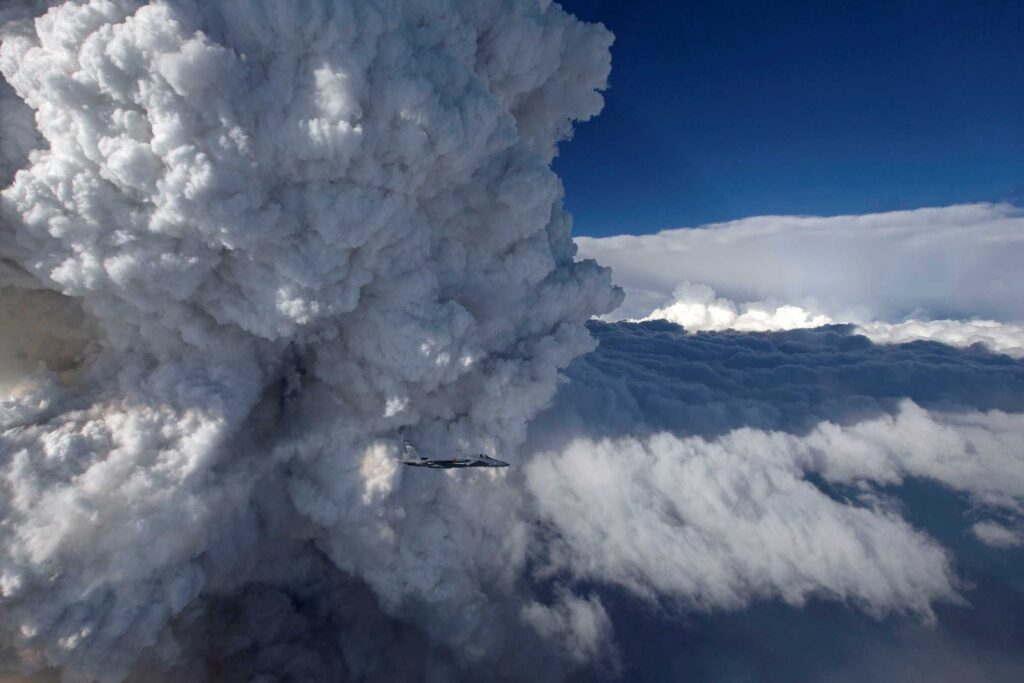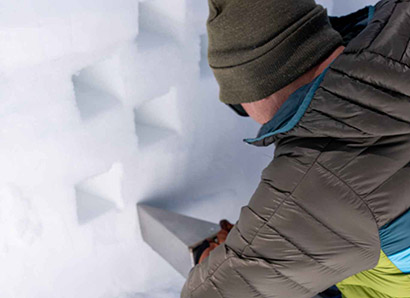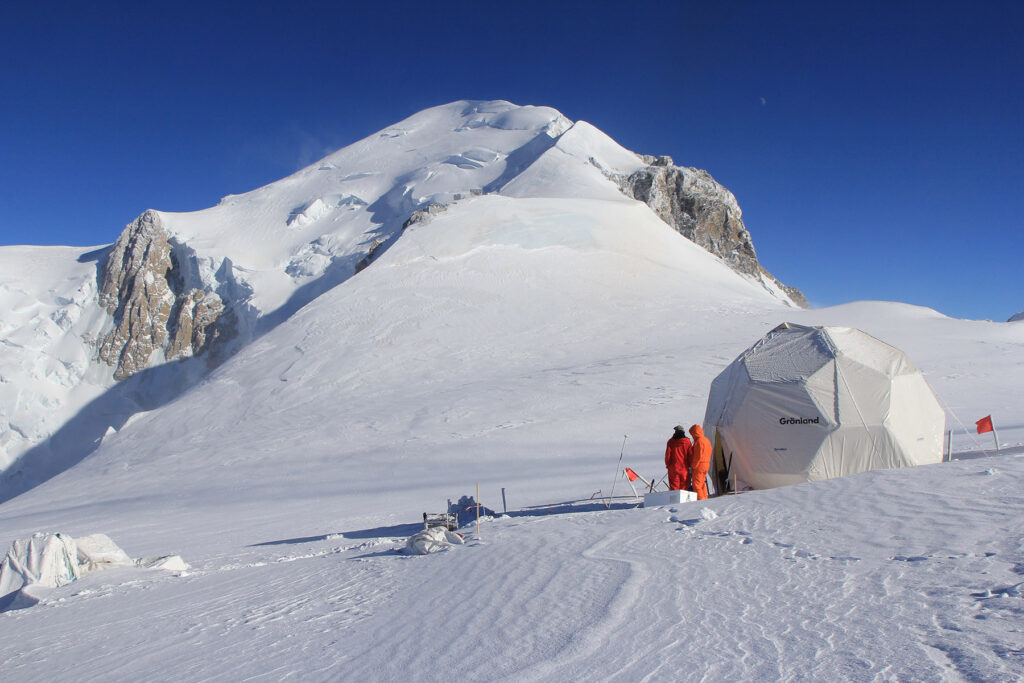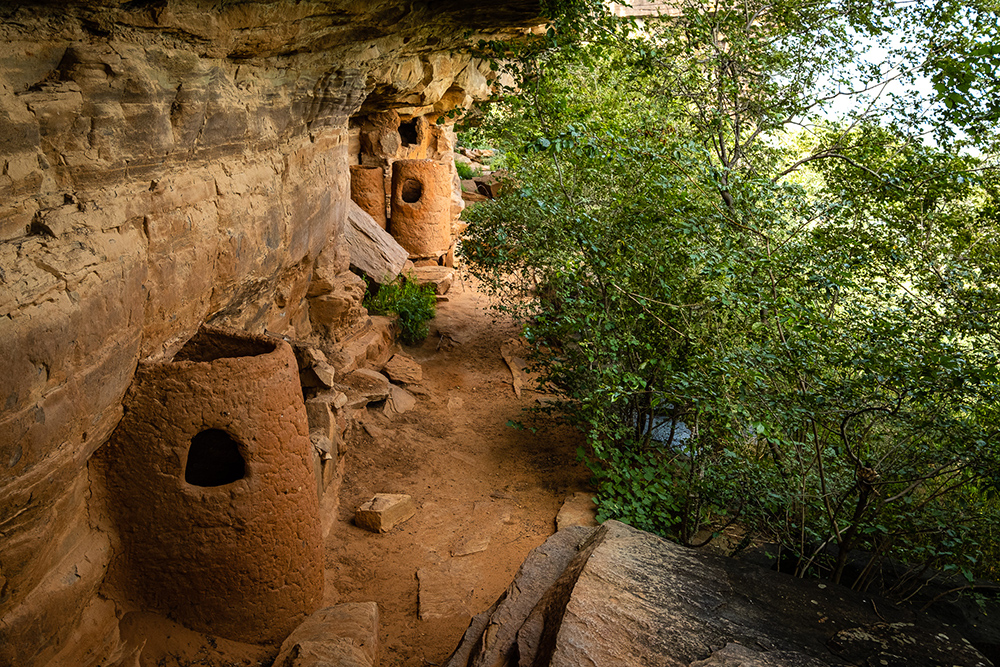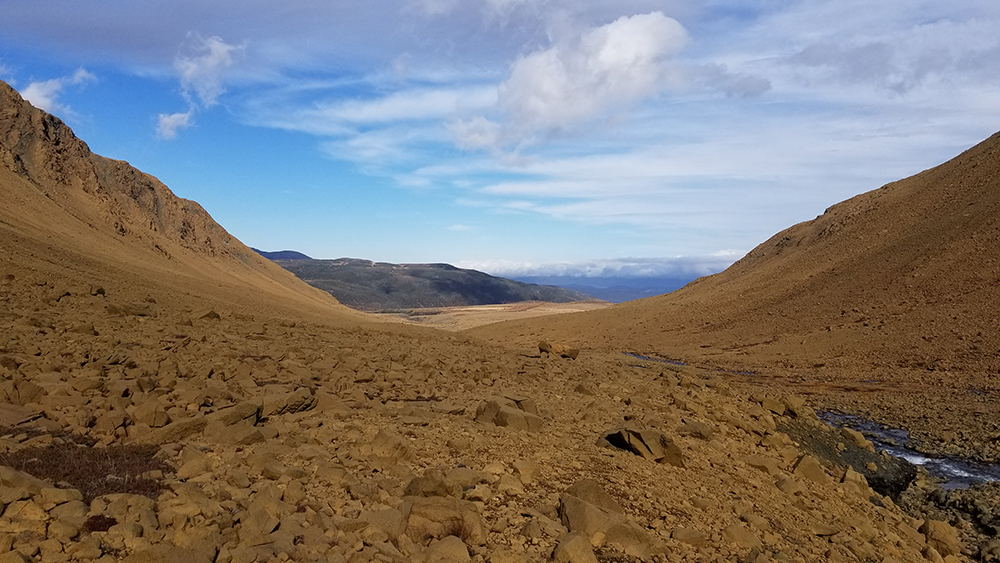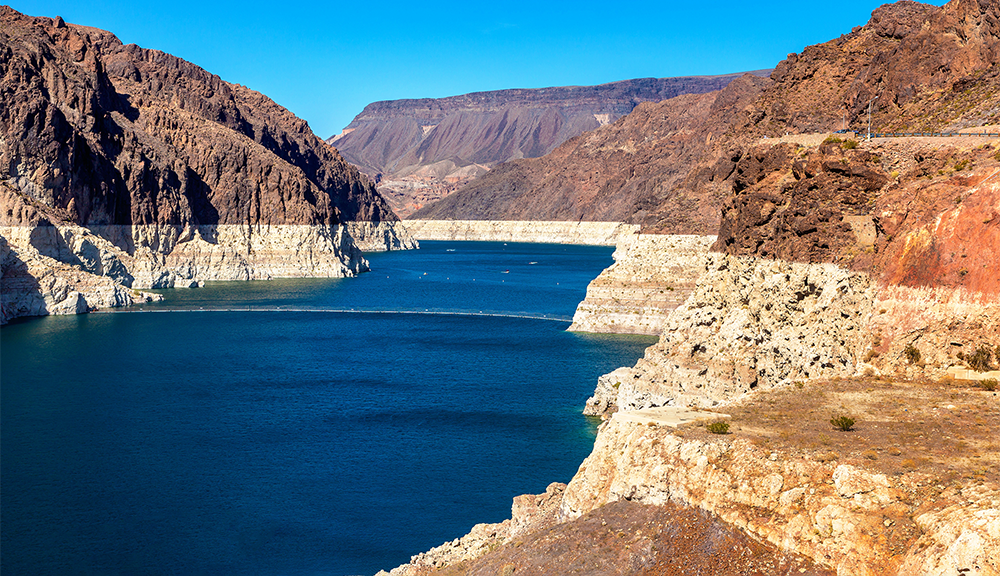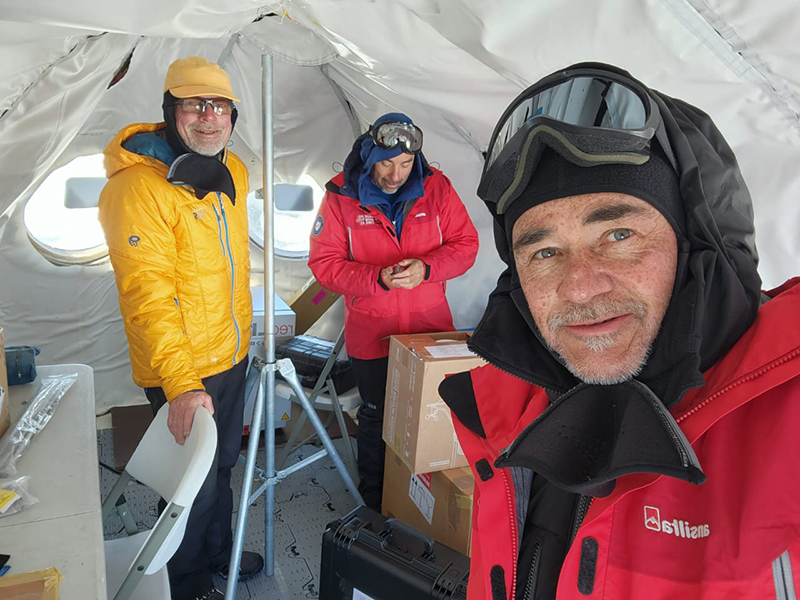Science for Human Resiliency in a Time of Droughts, Floods, and Fires: An Interview With Ecohydrologist Christine Albano
Christine Albano is an Associate Research Professor of Ecohydrology at DRI. In this interview, Dr. Albano answers frequently asked questions about the relationship between a warming atmosphere and extreme weather, including wildfires, droughts, and flooding. This is the third in a new series of FAQ videos with DRI researchers.


